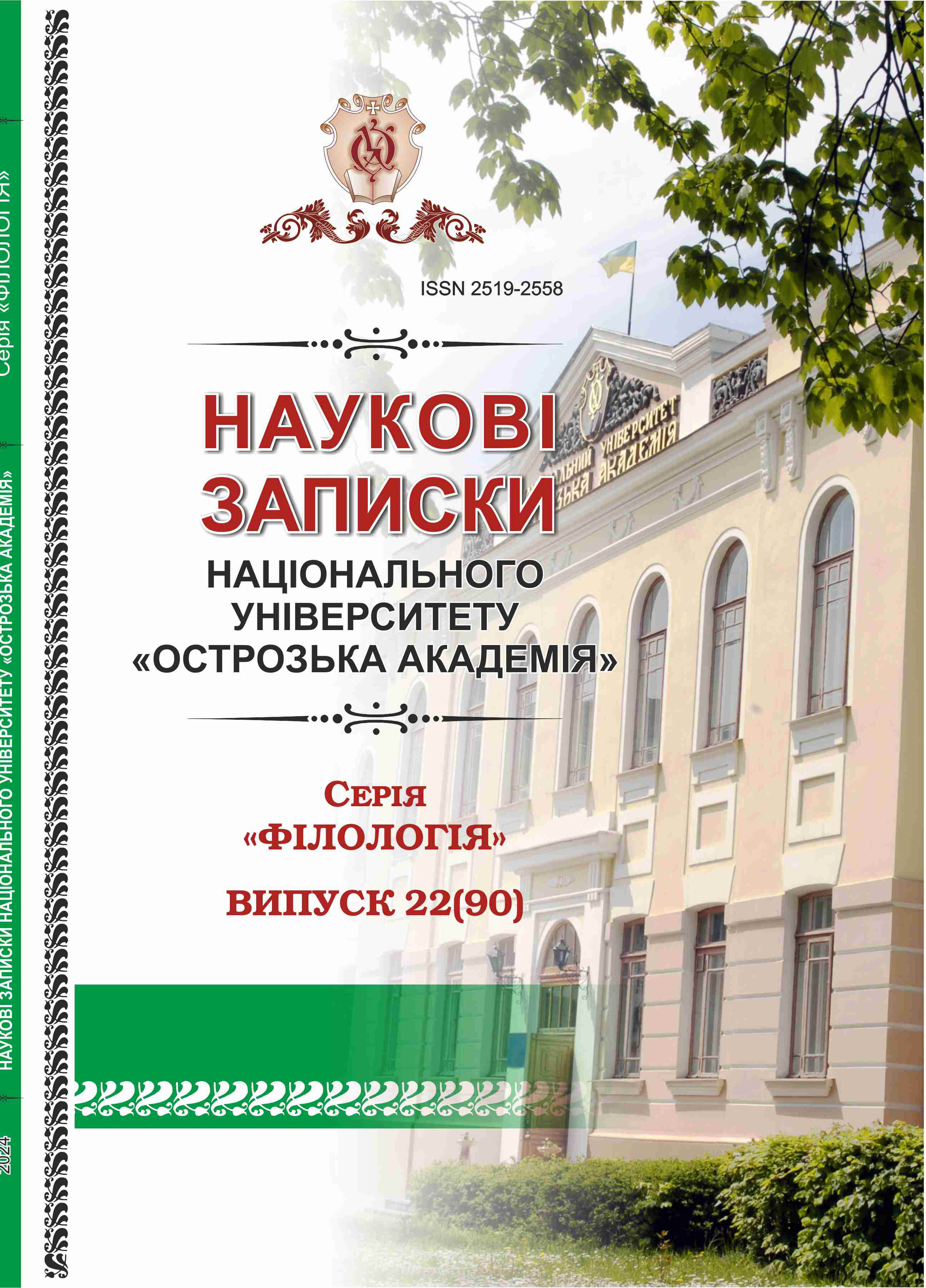PHRASEOLOGICAL UNITS WITHIN THE LIMITS OF LEGAL DISCOURSE
Keywords:
phraseological unit, legal discourse, legal phraseology, language stamps, legal aphorisms, jurisprudence, communicative and pragmatic potential.Abstract
The article examines the functioning of phraseological units within legal discourse. It is emphasized that legal phraseology accumulates social experience that reflects national and cultural specificity, is a verbal expression of thoughts, emotional assessments and is able to carry multifaceted pragmatic information related to communication. Characteristic features of phraseological units are determined: unity of content and form, reproducibility, stable lexical composition, grammatical constancy, invariance of the order of constituent elements, prevalence among speakers. The genetic classification of legal phraseological units is analyzed. It was established that the professional activity of a lawyer involves the use of phraseological units of various types, which is due to the oral and written spheres of communication. Within the framework of legal discourse, the professional communication of a lawyer identifies the main phraseological units that have communicative and pragmatic potential: language stamps, legal aphorisms, phraseology from Greek and Roman mythology, and colloquial everyday phraseology. It is noted that language stamps prevail in the written speech of a lawyer and ensure the normativeness and uniformity of legal texts. Legal aphorisms and phraseology from Greek and Roman mythology occupy a significant and special place in oral legal communication, which help to solve basic moral problems, to find justifications for actions and motives. It is emphasized that the use of phraseological units in court proceedings helps to strengthen the positions of the parties to the court process, interest and convince of the correctness of judgments, because legal phraseology accumulates the legal experience and moral wisdom of many generations of different peoples. It was concluded that legal phraseology in jurisprudence performs the function of interpreting legal norms, has communicative and pragmatic potential, is inseparable from morality and contributes to the disclosure of the principles of legality, humanism and legal freedoms.

